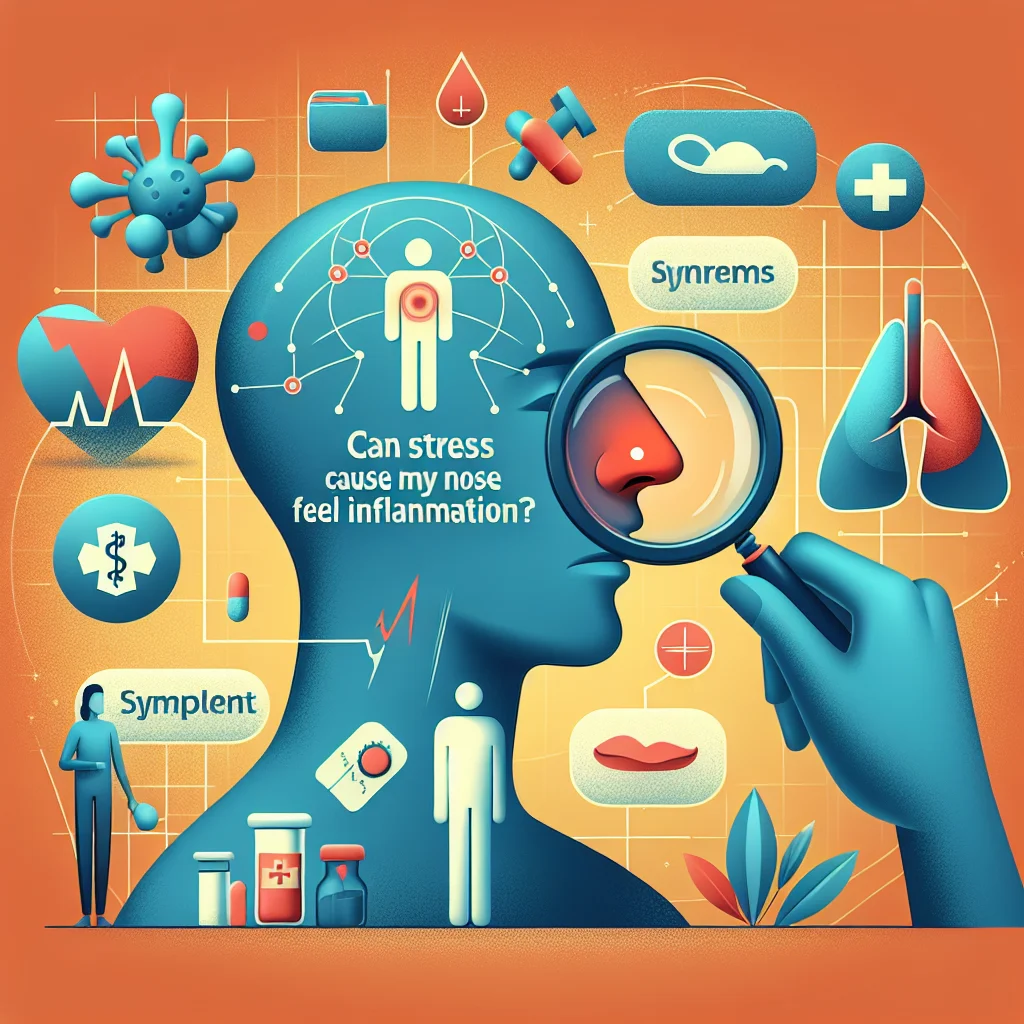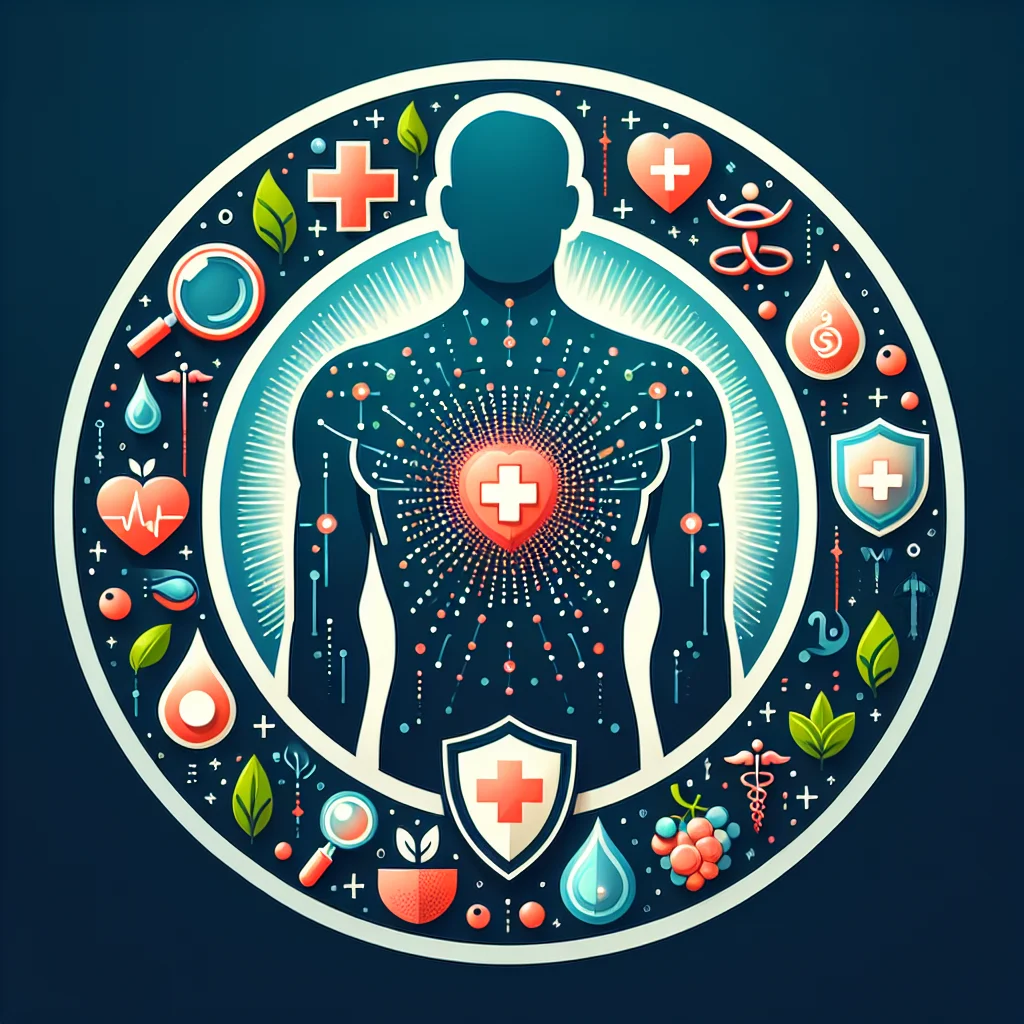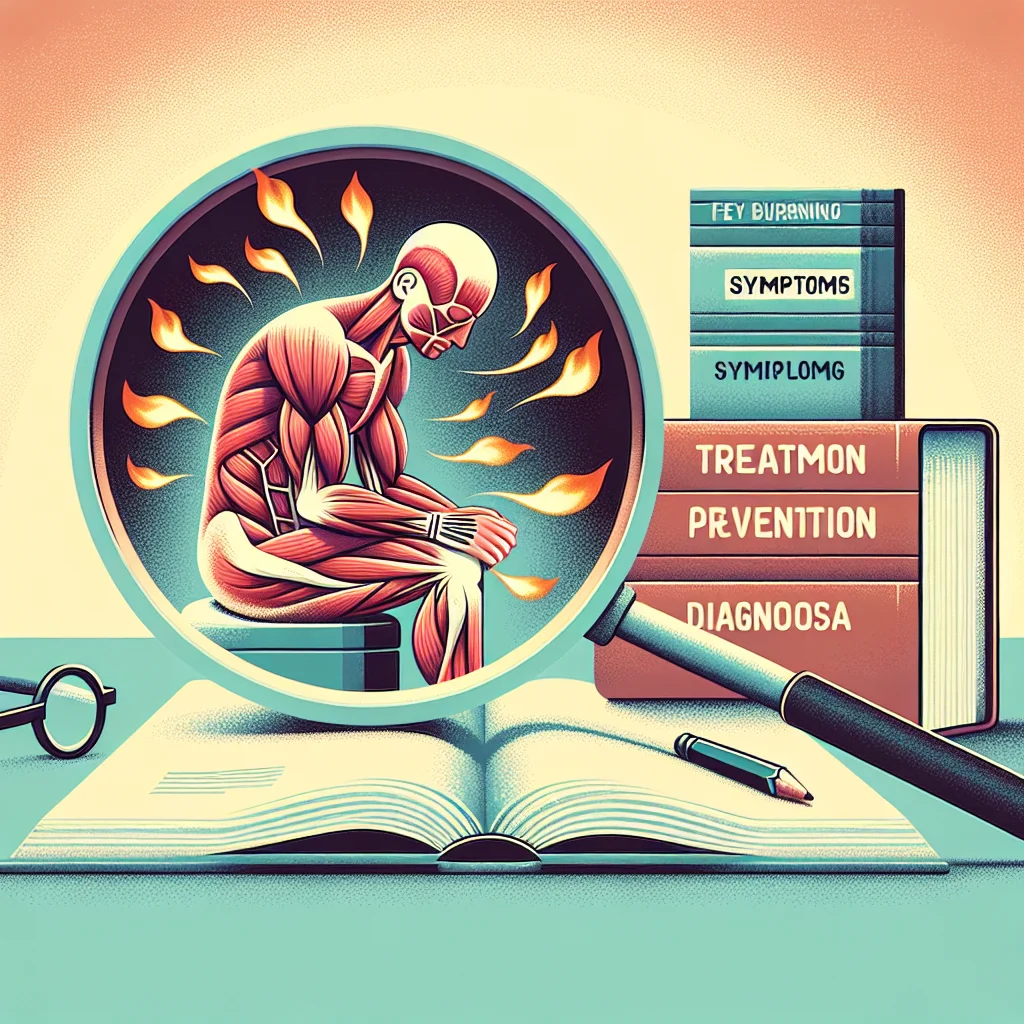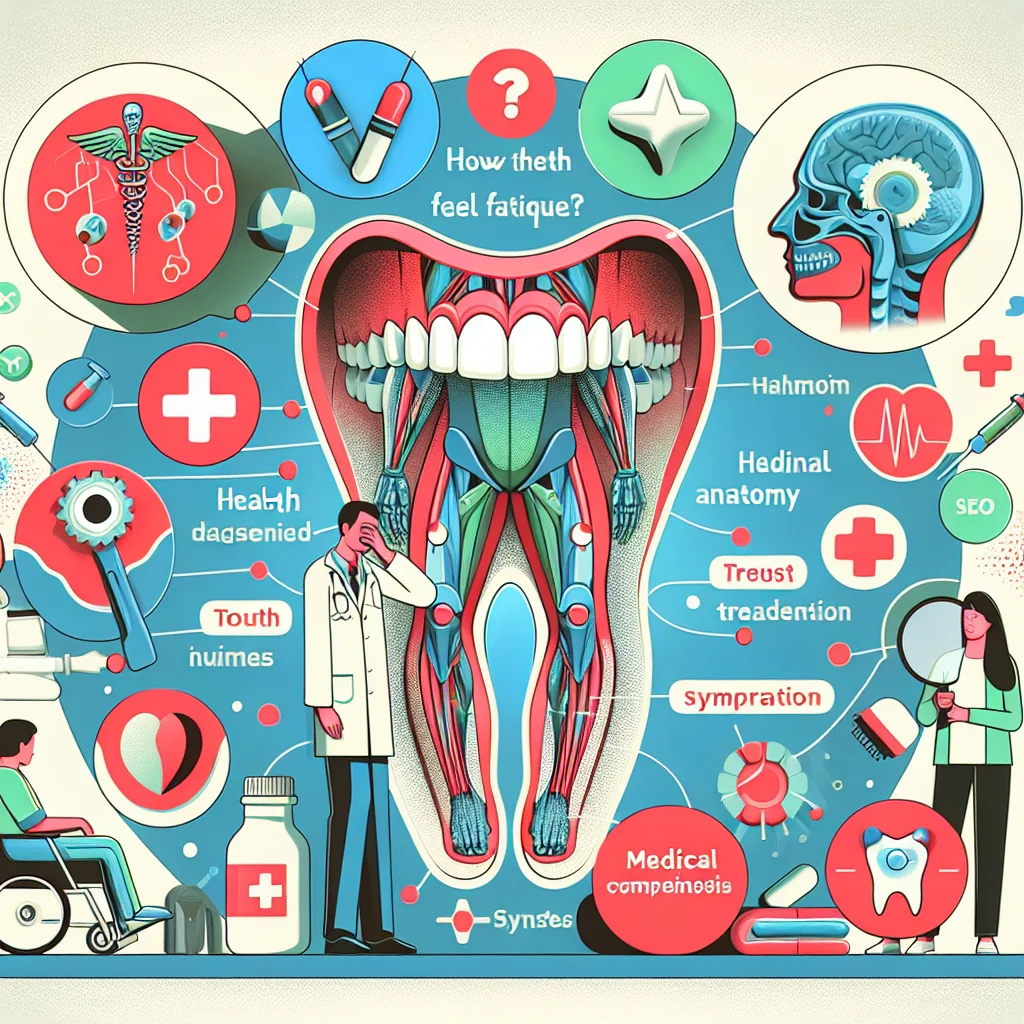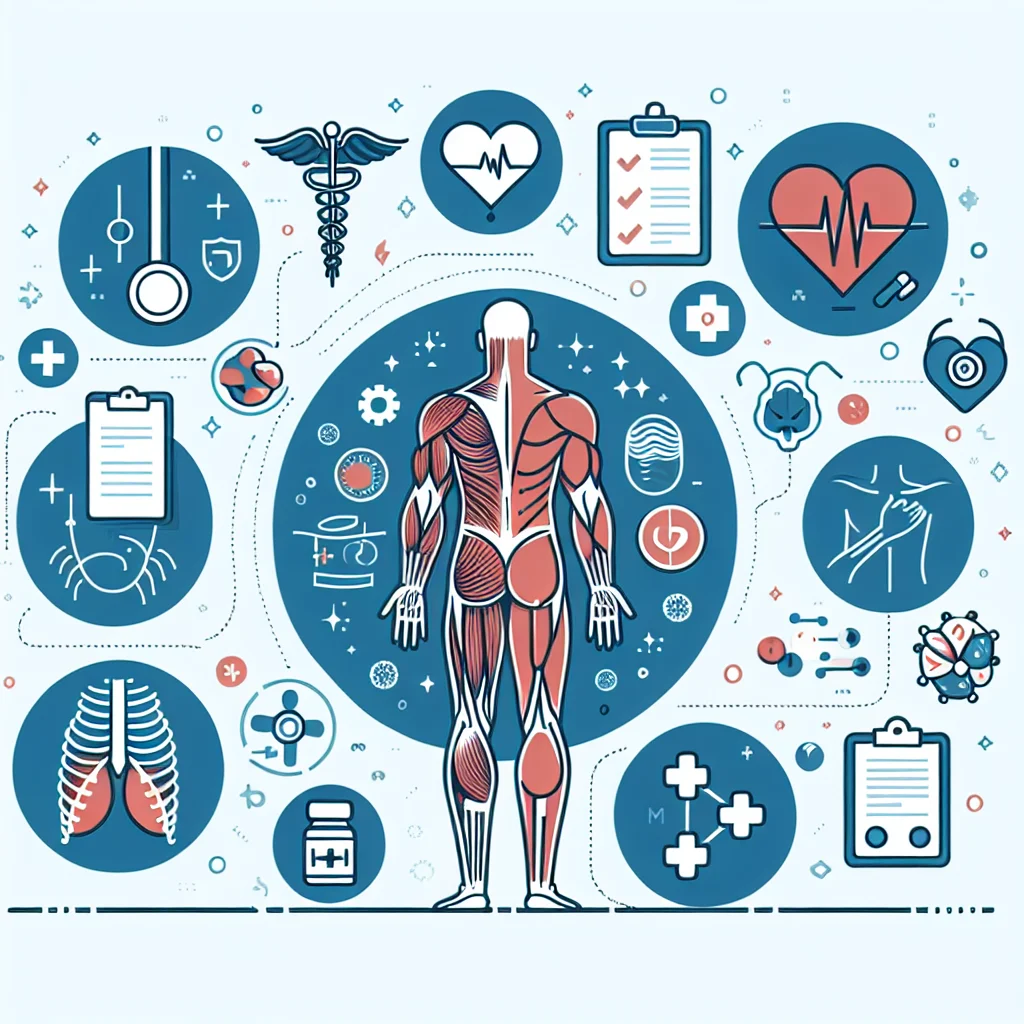
Possible Causes and Medical Insights
Muscle tightness is a common sensation, often described as a feeling of stiffness, tension, or discomfort in the muscles. There are several potential causes for this symptom, ranging from overuse and minor strains to dehydration or mineral imbalances. Sometimes, muscle tightness may result from repetitive activities, poor posture, or inadequate stretching before or after exercise. Understanding what does it mean if my muscles feel tightness can help you determine whether this is a temporary issue or a sign of something more significant.
In some cases, muscle tightness could be linked to underlying health conditions such as fibromyalgia, anxiety, or certain neurological disorders. Medications, stress, or even changes in weather can also contribute to muscle discomfort. Recognizing the diverse medical insights related to muscle tightness empowers individuals to seek appropriate health advice and take proactive steps toward relief and prevention.
Symptoms and Risk Factors
The sensation of muscle tightness can be accompanied by other symptoms, such as soreness, cramping, reduced range of motion, or localized pain. Some individuals might also notice muscle spasms or weakness, making everyday movements more challenging. Paying attention to these associated symptoms can provide valuable clues about the nature and severity of the underlying issue, helping you better communicate with your healthcare provider.
Several risk factors can increase the likelihood of experiencing muscle tightness. These include engaging in strenuous physical activities without proper warm-up, living a sedentary lifestyle, or having chronic health conditions like diabetes or arthritis. Age, dehydration, and stress levels can also play a significant role. By understanding these risk factors, you can take steps to minimize your chances of developing persistent muscle tightness and improve your overall well-being.
Diagnosis and When to See a Doctor
Diagnosing the cause of muscle tightness typically begins with a thorough medical history and physical examination. Your healthcare provider may ask about your daily activities, recent injuries, and any accompanying symptoms. In some cases, additional tests such as blood work, imaging studies, or nerve conduction tests may be recommended to rule out more serious conditions. Accurate diagnosis is key to determining the most effective treatment plan and preventing future episodes.
While mild muscle tightness often resolves on its own, it's important to seek medical advice if you experience severe pain, swelling, numbness, or weakness, or if your symptoms persist for more than a few days. Unexplained muscle tightness, especially when associated with other concerning symptoms, may indicate an underlying medical problem that requires prompt attention. Early diagnosis and intervention can help prevent complications and support a quicker recovery.
Prevention and Home Remedies
Preventing muscle tightness begins with adopting healthy lifestyle habits. Regular stretching, proper hydration, and balanced nutrition can go a long way in supporting muscle health. Incorporating a warm-up and cool-down routine into your exercise regimen, practicing good posture, and taking breaks during prolonged periods of sitting or repetitive activity can also help reduce your risk. Listening to your body and not pushing through pain is essential for long-term prevention.
For mild muscle tightness, home remedies such as gentle stretching, applying heat or cold packs, and engaging in relaxation techniques like yoga or deep breathing can provide relief. Over-the-counter pain relievers and topical treatments may also be helpful in some cases. However, if symptoms persist or worsen, don't hesitate to consult a healthcare professional for personalized treatment and guidance. Taking proactive steps early on can make a significant difference in managing and preventing muscle tightness.


